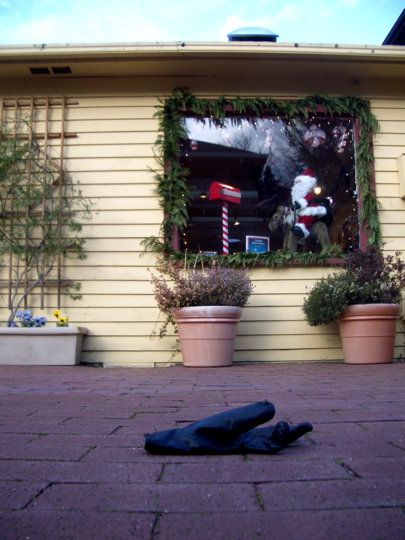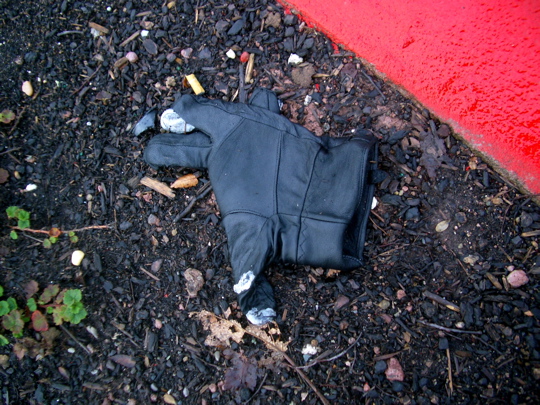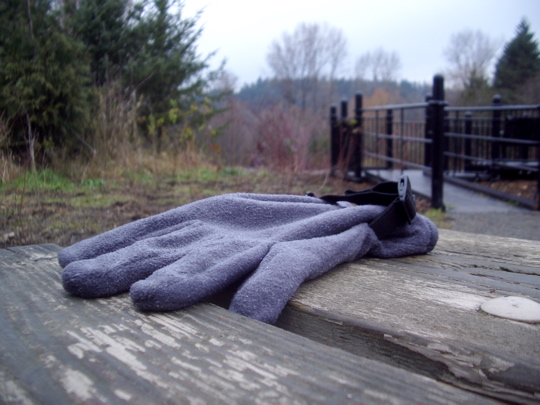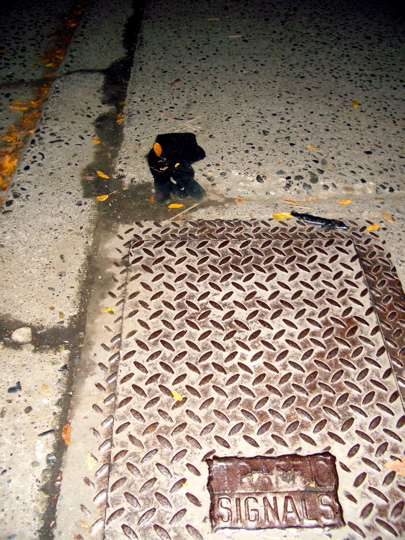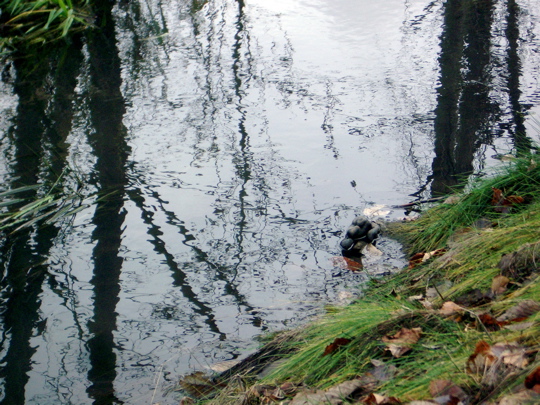
Mad Times
“To be sane in a mad time is bad for the brain, worse for the heart.” – Wendell Berry
- Administrivia (12)
- Bloggage (23)
- Book Reviews (70)
- Cat Blogging (84)
- Cooking (2)
- Event (4)
- Lost Gloves (32)
- Movie Reviews (10)
- Outrage (1)
- Personal Interest (14)
- Photo Log (98)
- Podcast (2)
- Shiny Gadgets (5)
- Soapbox (4)
- Techie-tech (6)
- Tiny Challenges (1)
- Transportation (9)
- Travelogue (1)
- Uncategorized (7)
- August 2017 (2)
- March 2016 (1)
- February 2016 (2)
- January 2016 (1)
- December 2014 (2)
- January 2014 (2)
- May 2013 (1)
- February 2013 (1)
- June 2012 (1)
- April 2012 (1)
- February 2012 (1)
- January 2010 (1)
- November 2009 (1)
- October 2009 (1)
- August 2009 (2)
- July 2009 (1)
- January 2009 (4)
- December 2008 (3)
- November 2008 (4)
- September 2008 (1)
- August 2008 (4)
- July 2008 (4)
- June 2008 (5)
- May 2008 (3)
- April 2008 (3)
- March 2008 (14)
- February 2008 (5)
- January 2008 (5)
- December 2007 (17)
- November 2007 (8)
- October 2007 (6)
- September 2007 (11)
- August 2007 (6)
- July 2007 (12)
- June 2007 (6)
- May 2007 (7)
- April 2007 (11)
- March 2007 (21)
- February 2007 (10)
- January 2007 (11)
- December 2006 (22)
- November 2006 (9)
- October 2006
- September 2006
- August 2006
- July 2006
- June 2006
- May 2006
- April 2006
- March 2006
- February 2006
- January 2006
- December 2005
- November 2005
- October 2005
- September 2005
- August 2005
- July 2005
- June 2005
- May 2005
- April 2005
- March 2005
- February 2005
- January 2005
- December 2004
- November 2004
- October 2004
- September 2004
- August 2004
- July 2004
- June 2004
- May 2004
- April 2004
- March 2004
- February 2004
- January 2004
- December 2003
- November 2003
- October 2003
- September 2003
- August 2003
- July 2003
- June 2003
- May 2003
- April 2003
- March 2003
Power-free
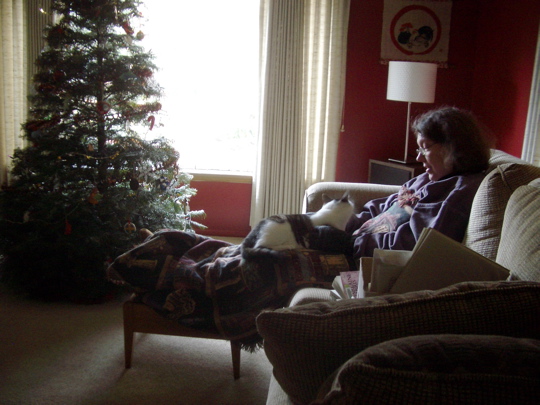
The power went out early Friday morning and it’s still out. This was taken in the early hours of the outage when the house was still pretty warm. It’s down in the mid-40s (F) now. I’m writing from my dear sister-in-law’s house where there’s light and heat and (most importantly) wireless internet.
Lost Glove #110
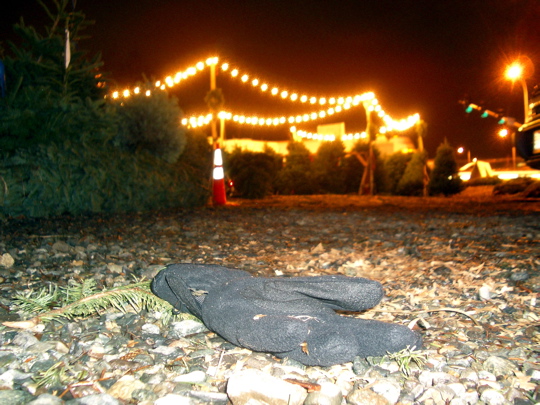
This is probably the single most complex lost glove photo I’ve ever taken. It was too dark to get anything hand-held that didn’t make the background all zig-zaggy, so I put the camera on my little folding tripod that I carry everywhere and hardly ever use. The framing I wanted didn’t put the glove in the focus sweet spot so I had to tilt the camera and tripod down to get a focus lock then put it back with the button half-pressed before doing the full press to take the picture. But it was too dark to get a focus lock so with my other hand I shone my green Inova LED flashlight on the glove while doing the half-press. Clicking the full press was enough to blur the background too, so I set the self timer to make it wait before snapping the final picture. And I used the night scene mode to get a long exposure of the background. Whee!
My bike is actually right in the center of this shot, but I cleverly camouflaged it by strapping our Christmas tree to it before taking the picture.
Red Lightning by John Varley
 Sequel to Red Thunder, but set 20 years later. The kids from the first book are the parents of the kids in this book. And the kids in this book spend a lot more time as baggage than their parents did in the earlier adventures.
Sequel to Red Thunder, but set 20 years later. The kids from the first book are the parents of the kids in this book. And the kids in this book spend a lot more time as baggage than their parents did in the earlier adventures.
This book also lacks the single story arc of Thunder. The first half of the book shows the family heading to Earth (from Mars, natch) to attempt a rescue of grandma from her Florida hotel in the wake (heh) of a major Atlantic ocean tsunami. The afterword of the book reveals that this part of the book was written before the 2004 tsunami and long before the Katrina fiasco. In light of that, the book is astoundingly prophetic both about the scale of damage from such an event and the utter lack of preparation for dealing with the aftermath.
The second half of the book is about a corporate and governmental man hunt in the wake of the disappearance of the quirky genius Jubal from the first book and the impact of another of his physics-redefining inventions.
The book is fun reading, but the resolutions of both halves of the story left me rolling my eyes at implausibilities.
Darwin’s Children by Greg Bear
 Sequel to Darwin’s Radio. I was disappointed in the first book, but based on Bear’s record of usually writing stuff I enjoy, I gave this one a chance. Oh well.
Sequel to Darwin’s Radio. I was disappointed in the first book, but based on Bear’s record of usually writing stuff I enjoy, I gave this one a chance. Oh well.
The primary plot mover is that the US has reacted with fear to the new species that seems to be trying to emerge. The fear is somewhat justified in that there’s a literal viral element to the conception of these new children, but with a couple of notable exceptions (in millions of cases), the new children don’t seem to pose a medical threat. The story revolves around the measures various factions take to sequester the new children and the actions other factions take to resist.
The problem I have with the book is that while there’s some degree of plausibility to the quarantine approach, it’s no fun to read about. What I was hoping to get was more about the implications of the changes Bear made in the genome. Instead it’s just another exploration of man’s inhumanity to man.
Housekeeping and Indexing
Okay, I’ve tweaked the blog template into a semblance of the old color scheme and layout. I’ve made a sort of peace with wordpress’s annoyingly nanny-like html editor. And I think I’m done mucking with the look and feel for the moment.
Let me know if you have any remaining problems with presentation or usability here at Mad Times.
Now I’d like to draw your attention to the unassuming link in the upper left corner of the page that says “book review index“. The page lists every book I’ve read since I started keeping track back in 1992 (835 titles at the time of this posting) sorted by author (431 authors) and includes links to the individual reviews (712 links) or completion notes (another 161) (total of 873 book readings).
Faithful reader Dan requested this feature back in the 1990s. I had big plans to build a database and allow dynamic search result generation and all that kind of good stuff. Obsessed about that for ten years, then spent a few evenings hacking up this completely static implementation that seamlessly accesses all three book review systems I have here on the site. There’s probably a lesson for me to learn here somewhere. I’ll have to think about it for a while and see if I can come up with an unambiguous statement of what that lesson is and then move towards implementing a full system to work around it.
